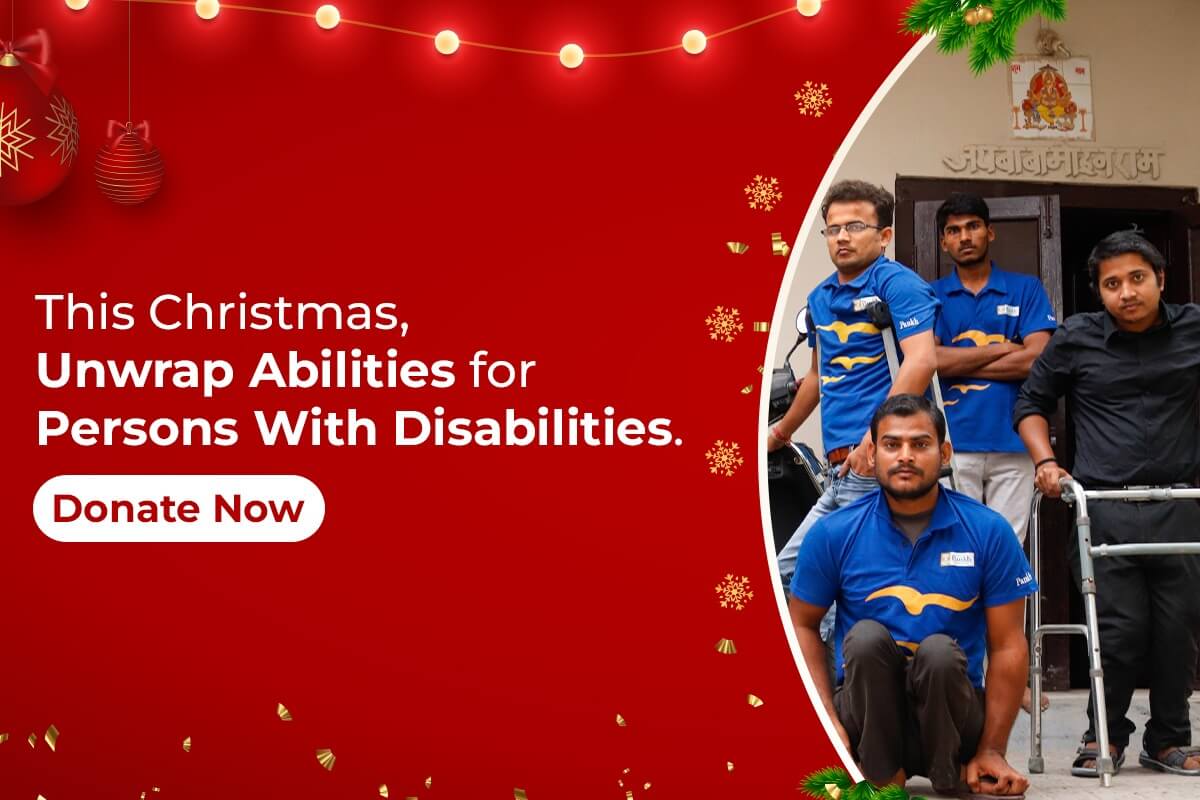March 31st is just around the corner, which means that the season of filing Income Tax returns is almost here! If you are someone who sits in the higher tax slabs, you will most obviously be looking for ways to earn exemptions and make some savings. The government offers several methods to do the same and the 80g exemption happens to be one such way.
What is 80g income tax exemption?
Section 80G of the Indian Income Tax Act deals with the donations that have been made towards any charity or charitable institution. The aim of this section is to provide a tax incentive to people who are donating to a noble cause or are indulging in any type of philanthropic activity. Any donations that have been made towards organisations that are working towards the betterment of individuals, sections of society, animal welfare, helping build sustainable livelihoods, provide better education or healthcare and so on, can be claimed as a tax deduction, when the filing of the income tax return is being done.
However, it is imperative that the trust or NGO that you donating to should be registered under section 12A of the Income Tax Act of 1961 – this section allows non-profit organisations such as NGOs, welfare societies, charitable trusts and religious institutions to earn tax exemptions on all financial transactions.
Are 80G and 80GG the same?
Although connected, an 80G income tax exemption and an 80GG exemption are slightly different – any donations that are made towards scientific research or programs working towards rural development would fall under 80GG; however, if you have any income or loss from a profession or any kind of business, then you will not be considered eligible for this claim. A maximum donation of up to INR2000 can be claimed in its entirety under Section 80GG.
What are the exemptions under Section 80G?
It is important to remember that not only all donations made by a person are eligible for tax exemption under 80G. 4 main categories need to be considered when considering tax exemptions on donations made to NGOs and charitable trusts.
- Donations with 100% deduction – Donations that are made under this category, enjoy a complete tax deduction and are not subject to any kind of qualification limits. Donations that are made to national trusts and funds such as the Prime Minister’s National Relief Fund or the National Defence Fund fall under this category.
- Donations with 50% deduction – Donations under this category have a direct 50% exemption, without any qualifying limits. Charities like the Prime Minister’s Drought Relief Fund and the National Children’s Fund would come in this category.
- Donations with 100% deduction (subject to 10% adjustment) – Any donation that is made to local authorities or governments to promote family planning come in this category. However, in this case, only 10% of the adjusted gross total income of the individual is considered eligible for the deduction. Any amount of donation that exceeds this amount is rounded off by 10% too.
- Donations with 50% deduction (subject to 10% adjustment) – Donations made to any local authorities or government organisations, which would use the donation for charitable purposes would fall under this category. In this category, only 10% of the donor’s Adjusted Gross Total Income will be considered eligible for deductions and anything above this amount will remain capped at the same 10%.
What is the actual scope for donation tax exemption?
For a donation to be considered valid, some basic criteria need to be met and be considered valid under Section 80G:
- Donations have to be made through taxable or exempted income – donation that is made through any other non-taxable income will not qualify for exemptions.
- Donations made in form of cash, cheque, online transactions are considered eligible; donations in kind, such as clothes, food or medicine are not eligible.
- For you to earn tax benefit on donation, it has to be made to a valid and registered trust or organisation.
- In case of the Indian Olympic Association, only companies are eligible for donation-based deductions.
- Donations, to be eligible for tax deduction, need to be more than INR 2000, in any mode other than cash.
How do you make tax saving donations?
These days, donating has become super easy, because you can do it online! Here is how you can go about doing it:
- Choose an NGO that is working towards a cause that is close to your heart. Make sure that you check the registration status of the NGO on the website of the Income Tax Department, so that you can claim your tax deduction.
- Head to the website of the NGO and locate the donation page, where you will get to choose the donation type – one time, monthly, annual, project based and so on.
- You will be asked for a few personal details such as name, email id, phone number and certain NGOs might as for PAN card details as well for tax purposes.
- Choose from the methods of payment – most online donation portals will accept debit and credit cards, net banking, UPI and e-wallets – and complete the payment.
- As soon as your payment is processed, you will receive a receipt or donation certificate, which is what will be needed at the time of filing your tax returns.
What documents are needed to claim the 80G tax benefits?
If you want to claim the 80G benefit, you will need the following documents:
- A duly stamped receipt issued by the trust/charity that received the donation – this receipt should mention the name of the donor, amount donated, address, PAN number, etc. The receipt also needs to have the registration number that is issued to them by the Income Tax Department.
- Form 58 is imperative if the donor is looking to claim a 100% deduction.
- You might also want to keep a photocopy of the 80G certificate handy.
TRRAIN (Trust for Retailers and Retail Associates of India) is one such 12A, 80G, public charitable trust that is leading the way in creating a more equitable world of people with disabilities and women from the marginalised sections of society. By offering proper structured training to them, we are looking to induct them into the national workforce, allowing them to build a better life for themselves and those around them.
You too can earn tax benefits for donations that you make to TRRAIN – the benefit that you earn for yourself, will also make life better for another person, making this a true win-win!





